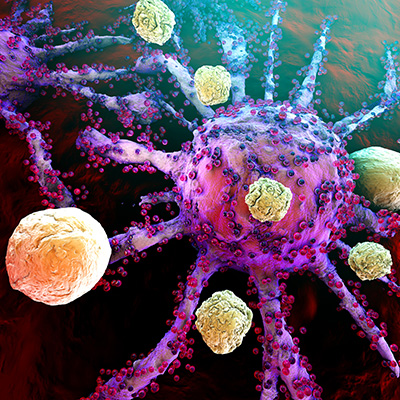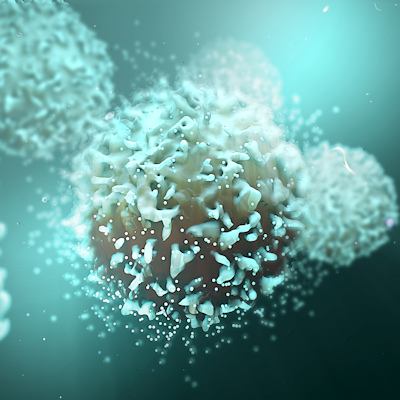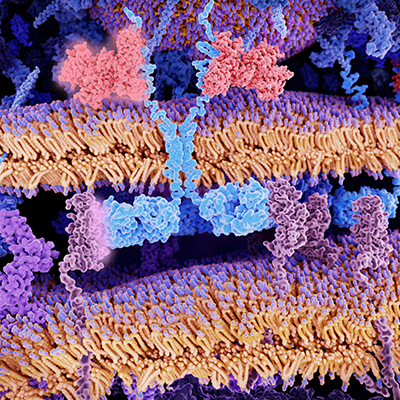February 27, 2023 -- Physician-scientists at the Texas Heart Institute have published the results of a late-phase heart failure cell therapy clinical trial in the Journal of the American College of Cardiology .
The study is an important step in understanding how cell therapy provides benefits in patients with chronic heart failure due to poor pump function, its authors said.
In the study, investigators randomized 565 patients with chronic heart failure to receive mesenchymal precursor cells (MPCs) or a sham intervention and tracked them for 30 months on average. In cardiomyopathy models, MPCs, stromal cells that can differentiate into various lineages, have shown anti-inflammatory and immunomodulatory effects while also promoting the formation of blood vessels. The preclinical evidence led to clinical trials in heart failure patients.
Mesoblast, an Australian biotech that is developing allogeneic MPCs derived from human bone marrow, began a phase 3 clinical trial in heart failure patients in 2014. As previously revealed, the therapy, which Mesoblast calls rexlemestrocel-L, had no statistically significant effect on the mean cumulative rate of recurrent non-fatal decompensated heart failure events, causing the study to miss its primary endpoint.
Despite the late-phase setback, Mesoblast sees a future for rexlemestrocel-L in heart failure and has outlined plans to talk to the U.S. Food and Drug Administration (FDA) about bringing the cell therapy candidate to market in the U.S. The publication of the full results in the Journal of the American College of Cardiology provides insights into aspects of the dataset that Mesoblast could leverage to seek approval.
Physician-scientists at the Texas Heart Institute focused on the data from some of the clinical trial's secondary endpoints and the results in subgroups of patients, reporting that treatment with MPCs reduced the risk of cardiovascular death, heart attack, or stroke. The reduction in the rate of heart attack or stroke rose from 58% in the overall study population to 75% in a subgroup of patients who had levels of an inflammation blood marker above a certain threshold.
Based on the findings, Dr. Emerson Perin, the study's lead author and medical director at the Texas Heart Institute, outlined his current thinking about how the cells may reduce inflammation, increase microvascular flow, and strengthen heart muscle.
"Locally, in the heart, the MPCs can protect cardiac muscle cells from dying and can improve blood flow and energetics," Dr. Perin said. "In large blood vessels throughout the body, the reduced inflammation resulting from the activation of MPCs may decrease plaque instability, which is what leads to heart attacks and strokes. The cells seem to have a systemic immune modulatory and anti-inflammatory effect."
Copyright © 2023 scienceboard.net










